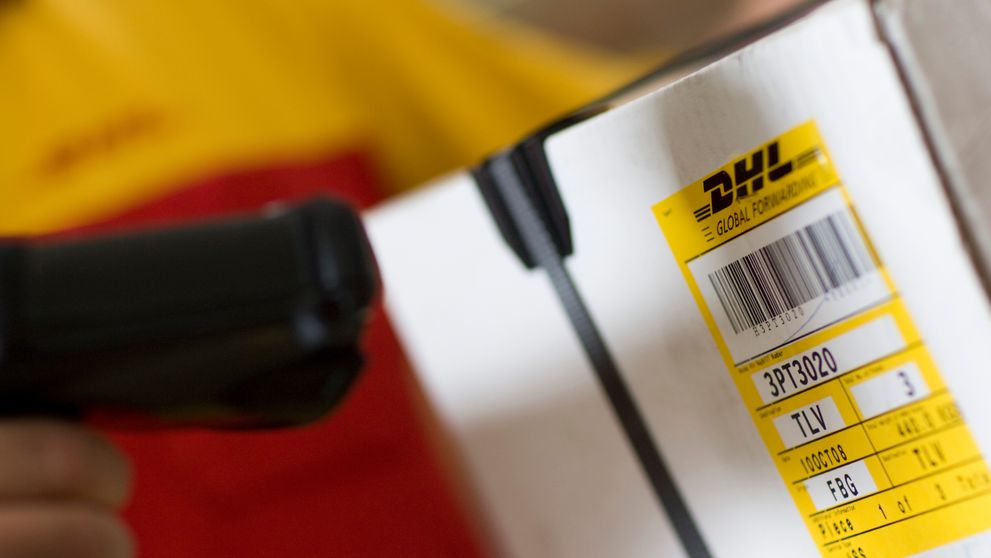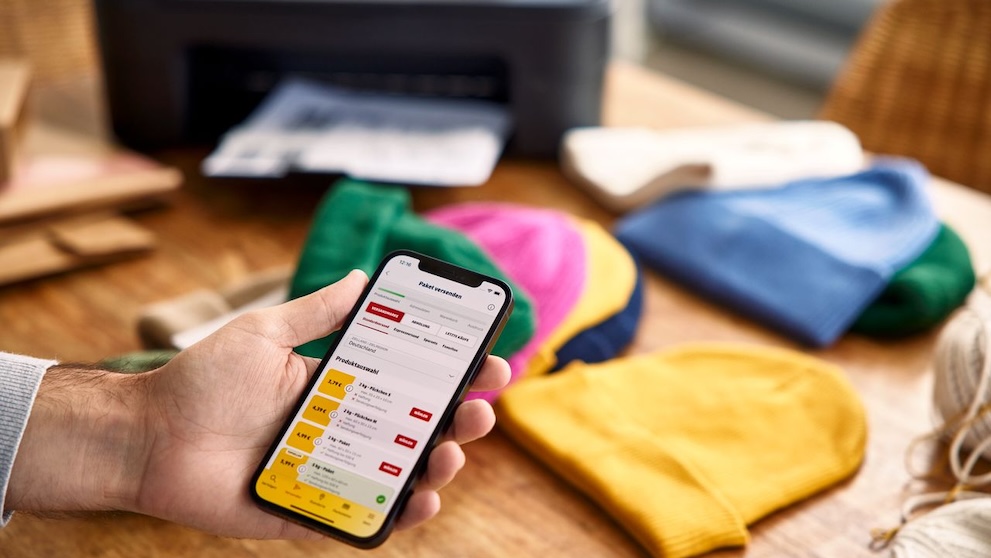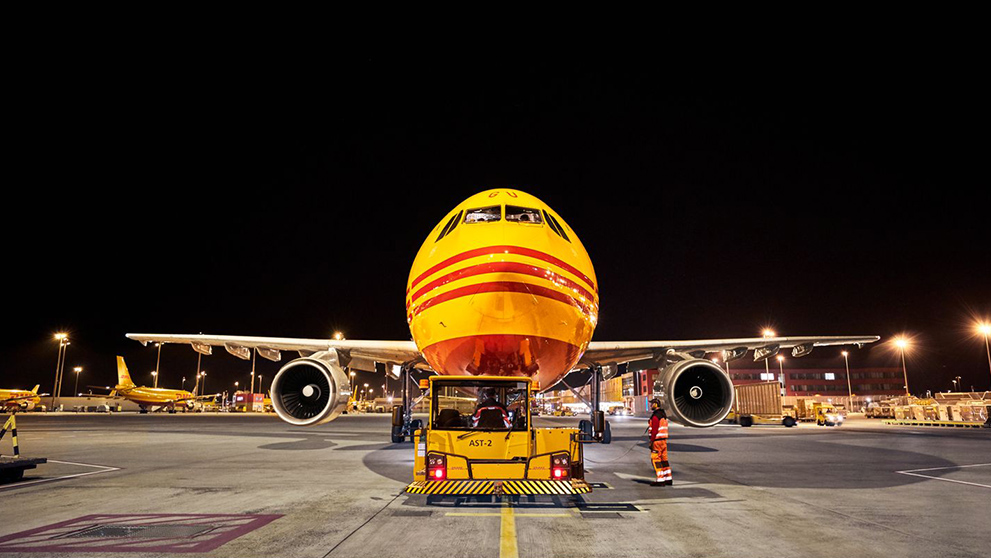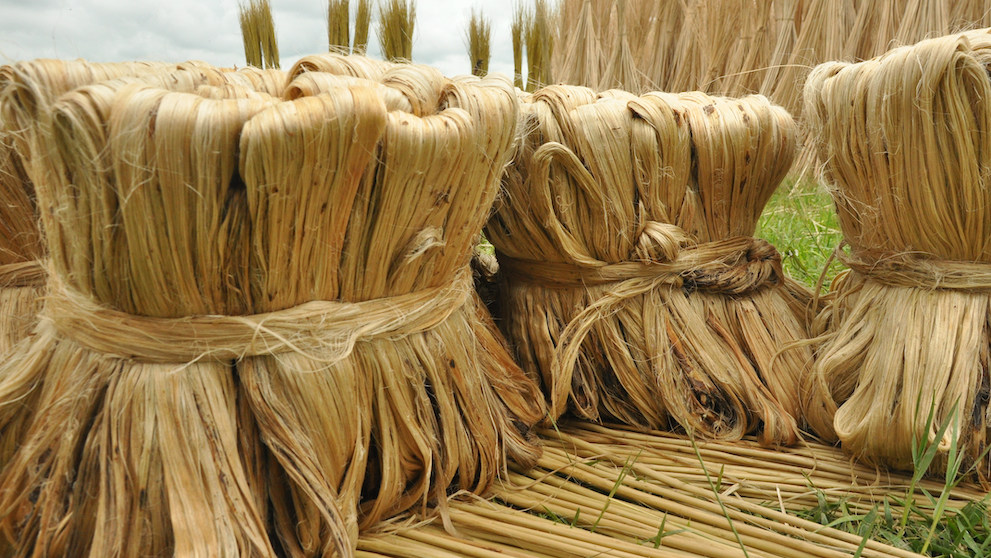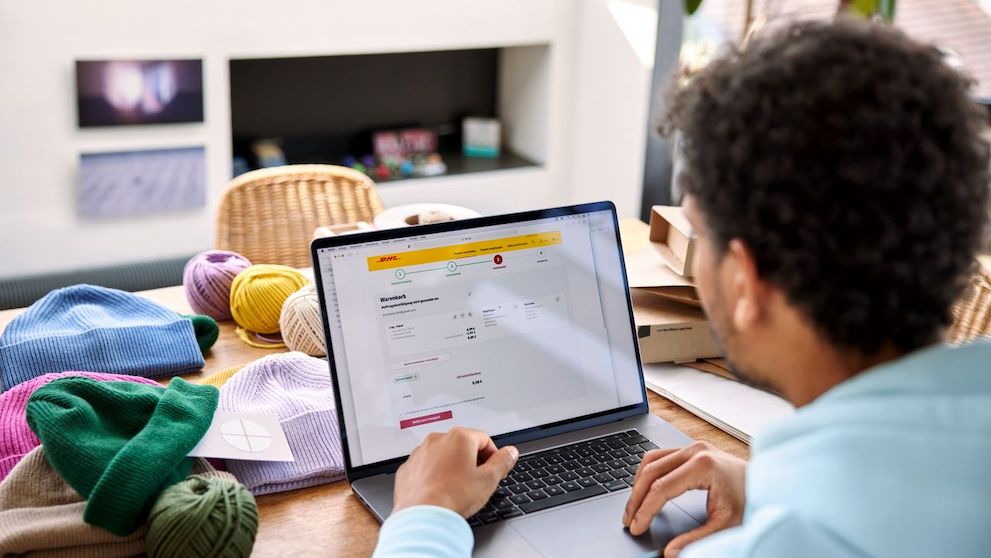Bangladesh and South Korea are forging increasingly strong economic and trade ties. Driven by duty-free benefits and proactive market exploration, the Export Promotion Bureau (EPB) reports that exports reached US$624 million in Fiscal Year 2023 and US$330 million in the first half of the Fiscal Year 20241. This growth, along with the Generalized System of Preferences (GSP) that grants tariff concessions, is presenting exciting opportunities for Bangladeshi businesses looking to export to South Korea.
However, navigating the export process successfully requires a clear understanding of the process and regulations involved. This guide provides how-to's and resources to help you navigate the complexities of shipping to South Korea, ensuring smooth transactions, full compliance, and success in this dynamic market.
Product selection and market research in South Korea
Successfully exporting to South Korea heavily depends on selecting the right products. To know which products provide opportunities, you need to do thorough market research to analyze demand and competition and ensure compliance with import regulations.
Several sectors offer promising opportunities for Bangladeshi products in the South Korean market:
- Garments and textiles: Bangladesh is known as the second largest ready-made garment (RMG) manufacturer and exporter in the world2; therefore, it can cater to South Korea's fashion-conscious consumers with high-quality apparel at competitive prices.
- Leather goods3: Leather products, including footwear4, bags, and accessories, are in demand in South Korea, presenting an opportunity for Bangladeshi leather manufacturers.
- Handicrafts: Unique and handcrafted items from Bangladesh, such as pottery, textiles, and jewelry, can appeal to South Korean consumers seeking distinctive products.
- Jute products: With growing eco-consciousness in South Korea5, sustainable and versatile jute products from Bangladesh, ranging from bags to home decor, hold strong potential.
- Frozen seafood: Bangladesh's seafood industry can tap into the demand for frozen seafood in South Korea, such as frozen shrimp and fish6, adhering to quality and safety standards.
To further enhance your market research, consider these valuable resources for credible information:
- Korea Trade-Investment Promotion Agency (KOTRA): KOTRA provides comprehensive information on the South Korean market, including industry reports, trade statistics, and investment opportunities.
- Trade associations: Connect with relevant trade associations in both Bangladesh and South Korea to gain industry-specific insights, market trends, and the latest news.
- Online databases: Explore online databases and platforms that provide data on import trends, consumer behavior, and competitive landscapes in South Korea.
Understanding consumer behavior in South Korea
To succeed in the South Korean market, understanding the country's consumer preferences is key. Korean consumers are discerning and place a high value on several factors:
- Quality: Products must meet stringent quality standards to gain the trust of Korean consumers. Durability, functionality, and attention to detail are highly valued.
- Design: Aesthetics play a huge role in consumer choices. Sleek, modern, and innovative designs tend to resonate well.
- Brand reputation: Brand image and reputation carry considerable weight, and being able to build trust and credibility is crucial for long-term success.
But beyond these preferences, consumer behavior and cultural nuances also shape product demand and marketing strategies, such as:
- Online savvy: E-commerce is deeply ingrained in Korean society. A strong online presence and user-friendly shopping experience are essential.
- Social influence: Social media and online reviews heavily influence consumer decisions. Cultivating a positive online reputation is vital.
- Gift-giving culture: Gift-giving is an important part of Korean culture. Consider offering gift-wrapping options or special packaging for festive occasions.
- Eco-friendly alternatives7: There's a growing trend towards eco-friendly, organic, and natural products in South Korea's younger generations. Highlighting sustainable practices, natural ingredients, and green certifications can attract these environmentally aware consumers.
How to export to South Korea: Regulations and compliance
Exporting to South Korea requires adherence to both Bangladeshi and South Korean regulations. A key advantage for Bangladeshi exporters is the GSP provided by South Korea. The GSP grants tariff concessions or duty-free access to a wide range of products exported from developing countries, including Bangladesh. This preferential treatment can significantly reduce import costs, making Bangladeshi products more competitive in the South Korean market.
However, to claim GSP benefits, you need to follow certain criteria8:
- Determine product eligibility: Find your product's Harmonized System (HS) code, and check if these products qualify for GSP benefits under South Korea's preferential tariff scheme.
- Assess the preferential margin: If your product is eligible, determine the reduced tariff rate under the GSP. This helps you calculate your export costs and pricing strategy.
- Meet origin criteria and consignment conditions: Ensure your product meets South Korea's rules of origin to qualify for GSP and verify that your shipment complies with the required shipping and delivery terms.
Documentation required for export
Preparing the essential export documents for shipping from Bangladesh is crucial for smooth customs clearance and successful shipping. Here are the essential documents you'll need when shipping to South Korea:
- Commercial invoice: Provides a detailed description of the goods being sold, including quantity, price, and terms of sale.
- Packing list: Outlines the contents of each package in your shipment, including the type and quantity of goods, their weight and dimensions, and any special packing instructions.
- Certificate of origin: Verifies the origin of your goods. Ensure it's obtained from the EPB and other authorized issuing agencies in Bangladesh.
- Bill of lading (for sea freight) or air waybill (for air freight): Serves as a contract between the shipper and the carrier, acknowledging receipt of the goods and outlining the terms of transportation.
- Export license or import permit (if applicable): Certain products may require an export license or import permit from relevant authorities in Bangladesh and South Korea.
- Other permits or certificates: Depending on the nature of your goods, you may need additional permits or certificates, such as phytosanitary certificates for plants or health certificates for food products.
Compliance with regulations
Compliance with the customs clearance process in Bangladesh and South Korea is essential to prevent shipment delays, fines, or potential rejection.
- Customs duties and taxes: Be aware of any applicable customs duties, value-added tax (VAT), and other taxes levied on your products in South Korea. Factor these costs into your pricing strategy.
- Import restrictions: Specific goods may be subject to import restrictions or require special permits.
- Product standards: Ensure your products meet South Korean safety and quality standards. This may involve obtaining certifications or undergoing testing procedures.
- Labeling requirements: Labels must comply with South Korean regulations, including providing information in the Korean language.
Packaging & labeling: Meeting Korean standards
Proper packaging and labeling are essential to protect your goods during international shipping from Bangladesh and ensure they reach your South Korean customers in the same condition they were before shipping.
Protective packaging for shipping
- Choose appropriate materials: Select sturdy boxes, cushioning materials (like bubble wrap or foam inserts), and protective packaging (such as waterproof lining) based on the nature of your products and the potential hazards during transit.
- Securely pack items: Securely pack items to prevent movement and damage within the box, using adequate cushioning to absorb shocks and vibrations. For electronics, use anti-static packaging to prevent damage from static electricity.
- Seal packages properly: Use strong tape to seal packages completely, preventing any tampering or accidental opening during transit.
- Consider climate: If shipping perishable goods or items sensitive to temperature fluctuations, use insulated containers or temperature-controlled packaging.
- Handle with care: Clearly label packages with "Fragile" or "Handle with Care" markings when necessary.
Labeling compliance
All labels must include essential information in Korean, such as the product name, ingredients (if applicable), manufacturer details, country of origin, and handling instructions. Additionally, your labels must adhere to relevant Korean labeling standards depending on the product, which may specify requirements for font sizes, label placement, nutritional information, expiration dates, and warning labels.
Logistics & shipping: Efficient and reliable delivery
Getting your goods from Bangladesh to South Korea safely and on time is paramount. As such, choosing the right international shipping services is a critical decision that impacts both cost and efficiency.
Pros | Cons | |
Air freight | Fastest delivery option, ideal for time-sensitive goods like high-fashion garments or electronics, as well as perishable items requiring quick transport to maintain quality. Offers enhanced security and reduced risk of damage compared to sea freight. | Most expensive option, making it less suitable for large-volume or low-value shipments. |
Sea freight | Most cost-effective option, particularly for bulk shipments of raw materials, textiles, or furniture. Can accommodate oversized or heavy cargo that may not be feasible for air transport. | Longest transit times, potentially taking several weeks. Higher risk of damage or delays due to weather or port congestion. |
Express delivery | Offers a balance of speed and cost, suitable for small to medium-sized shipments requiring faster delivery than sea freight but with lower costs than air freight. This option is often preferred for items like samples, documents, or smaller batches of finished goods. Provides door-to-door tracking and reliable service. | There may be limitations on the size and weight of shipments compared to air or sea freight. It's best to check with the export service provider for specific restrictions and guidelines. |
Unlocking export potential in South Korea

With its strong economy, discerning consumers, and growing demand for various goods, South Korea offers a promising destination for Bangladeshi exporters seeking to expand their international reach. On top of that, the GSP further enhances this potential by providing valuable tariff concessions on eligible Bangladeshi products, making them even more competitive in this dynamic market.
To successfully navigate your export journey to South Korea, it's essential to conduct thorough market research, understand consumer preferences, comply with regulations, and partner with a reliable international logistics service provider like DHL Express.
Sign up for a DHL Express Business Account today, and let us help you start your export journey and unlock the potential of the South Korean market.
1. Exports to South Korea tripled in 5 years on duty benefits
2. Bangladesh retains 2nd largest RMG exporter ranking
3. South Korea Leather Goods Market Overview, 2028
4. Leather footwear exports hit 5-year high in Jul-Oct
5. South Korea: Reaching the consumer
6. Sector Trend Analysis – Fish and seafood trends in South Korea
7. South Korea: Reaching the consumer
8. Handbook On The Preferential Tariff Scheme Of The Republic Of Korea




